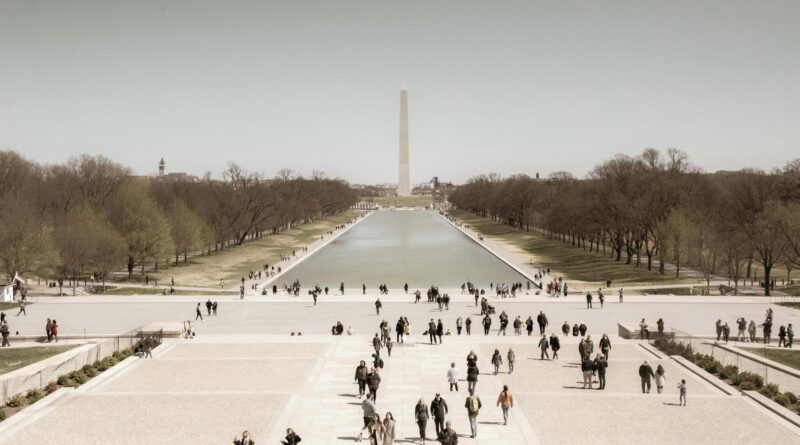The Progressive Journey: The Evolution of Cannabis Legalization in Washington State
The journey towards the acceptance, regulation, and legalization of cannabis in Washington State presents a clear demonstration of the shifting perceptions and attitudes towards the substance over time. Arguably, Washington State stands at the forefront of the progressive evolution of laws regarding cannabis. From its historical prohibition to complete legalization for recreational use in 2012, the state’s approach to cannabis has undergone significant transformation, highlighting key themes in the broader societal and legal evolution of attitudes towards the once outlawed plant.
In the early history of Washington State, cannabis, like alcohol, was completely prohibited. The prohibitionist views were popular across the United States, leading to the criminalization of cannabis in the early 20th century. Despite the national prohibition, the use of cannabis among the population was relatively widespread, prompting an eventual re-evaluation of its legal status.
In 1971, this re-evaluation manifested as the Washington State Legislature began to decriminalize the use and possession of small amounts of cannabis. This reform was one of the earliest alterations to the laws surrounding cannabis regulation in the state, providing a hint of things to come. Further changes came through in 1998, when voters passed initiatives approving the medical use of cannabis, making Washington one of the first states in the country to allow its use for this purpose.
The ground-breaking stride for the cannabis industry came in November 2012, when voters in the state passed Initiative 502, legalizing the recreational use of cannabis by adults 21 years and older. This successful initiative indicated a significant shift in the public’s attitude towards cannabis and marked the beginning of an entirely new market.
Following the legalization, the Washington State Liquor and Cannabis Board has been the primary regulatory body, managing laws and regulations associated with the cannabis industry. These regulations cover the licensing, production, distribution, sales, and taxation of cannabis in the state. These comprehensive regulations have provided a clear guide for entrepreneurs, consumers, and enthusiasts alike, enabling the industry to flourish.
Since the legalization, the cannabis industry has made a profound impact on the economy of the Washington State. According to reports, the industry has generated over $400 million in tax revenue, with sales topping $1 billion. Further, the industry has created thousands of new jobs and has been an arena for innovation and entrepreneurship. The industry has been a boon for the state in multiple ways, particularly looking at its economic potential.
Yet, the journey of legalization and acceptance has not been without hiccups. Post-legalization, the state has grappled with numerous challenges, from unlicensed growers to the ongoing struggle with the black market. However, each hurdle has been met with adaptive policies and regulations that aim to refine the system and ensure the benefits of this flourishing industry are fully realized.
The journey of cannabis legalization in Washington State provides insight into the interplay between public attitudes, policy initiatives, and legal reform. Looking forward, it is expected that the state will continue to refine its markets while delivering lessons that could be highly valuable for other states looking to make their own strides towards cannabis legalization.
The so-called “green revolution” in Washington State is a remarkable example of the possible future of cannabis on a national level. With a robust system of regulations, a thriving industry, and significant economic benefits, Washington State stands as a world-leading advocate for the legalization and regulation of cannabis. It serves as a blueprint for other states planning to walk the path of legalization, showing both the challenges and potential rewards that lie ahead.
